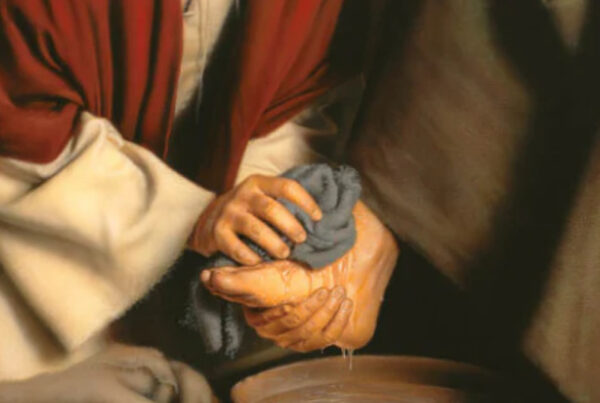Book of Ruth
Chapter 1: Naomi and Ruth
This book is, obviously, named after a young woman named Ruth, and much of it is a narrative describing Ruth’s relationships with Naomi and Boaz. Ruth is a Moabite, the great-grandmother of King David, and hence an ancestor of Jesus. If you look at Matthew 1: 1-5, you’ll find a genealogy of Jesus, and Ruth is listed in verse 5. Being an ancestor of the savior of us all makes her important; but… her character, her love for others, her obedience to God and her transformation all point us to Jesus as well.
Even though Ruth is really a story, the theme of redemption is key throughout the book. The word “redemption” actually occurs 23 times. As we have said previously, the Old Testament points us to Jesus and this story is a great example of that reality. As we read the four books together, we’ll see how this story sheds light on the glory of God redeeming us through the death of his son Jesus. Watch how Ruth is someone who needs to be saved, and Boaz, with strength and love, saves her.
To put the book into historical context, it’s good to note that it took place during the time of Judges. As you know it was a time of religious and moral degeneracy. There was much national disunity, and oppression from other countries for the Israelites, especially from the Moabites. Ruth was, in fact, a Moabite, and this story took place during a time of peace between Israel and Moab. Several times in the story, Ruth is called “Ruth the Moabitess”, to remind us that Ruth is a foreigner from a country with which Israel often warred.
With that introduction, let’s unpack the first chapter. The story opens with an account of a famine in Israel. It’s interesting that Judges doesn’t include anything about a famine! This famine requires Naomi, along with Elimelek, her husband and her two sons (Mahlon and Kilion) to move to Moab for food. Now, Moab is a heathen country in which the people worship idols. In Moab, Elimelek dies, and Naomi’s sons marry two Moabite women, Ruth and Orpah. (yes, it’s spelled correctly, all you Oprah fans!)
Once the famine was over, Naomi decides to move back to Israel, and encourages Ruth and Orpah to stay in Moab. Orpah does just that; Ruth refuses to stay, and she gives a beautiful answer to Naomi in verses 16 and 17. The two of them journey to Bethlehem just in time for harvest.
Names are very important in the Old Testament and often reflect the character of the person. Think on these meanings:
Elimelek: My God is King
Naomi: Sweet and Pleasant
Mara: Bitter
Kilion: Consumed
Orpah: Stiff-necked
Ruth: Friendship
Boaz: In him is strength
When they reach Bethlehem, Naomi declares that her new name is Mara; much has happened to her and she is no longer sweet and pleasant, but bitter and empty because of her experiences. It’s interesting that she says that “The Almighty has brought misfortune upon me.”
So, there is much sadness in the first chapter. Some say that this chapter is a picture of the fall, with the death, famine and heartbreak that goes along with it. But…verse 22 leaves us in hope. The barley harvest prepares us for hope and promise; Naomi will be sweet and pleasant again. Once again, she will be filled by the harvest.
Key Verse(s):
“… Where you go I will go, and where you stay I will stay. Your people will be my people and your God my God. Where you die I will die, and there I will be buried. May the Lord deal with me, be it ever so severely, if even death separates you and me.” ~ Ruth 1:16b-17
Questions:
- Have you ever felt like your life was empty? Did you get bitter about it? How do you feel about that situation now? How can God help you with bitterness?
- Have you even blamed God for what happened to you?
- What do you think of Ruth? Naomi? Do you identify with either of them?
- What’s it like to be a foreigner? What helps foreigners to live full, rather than empty lives?
- If you could choose a name that reflected your character, what would it be?



